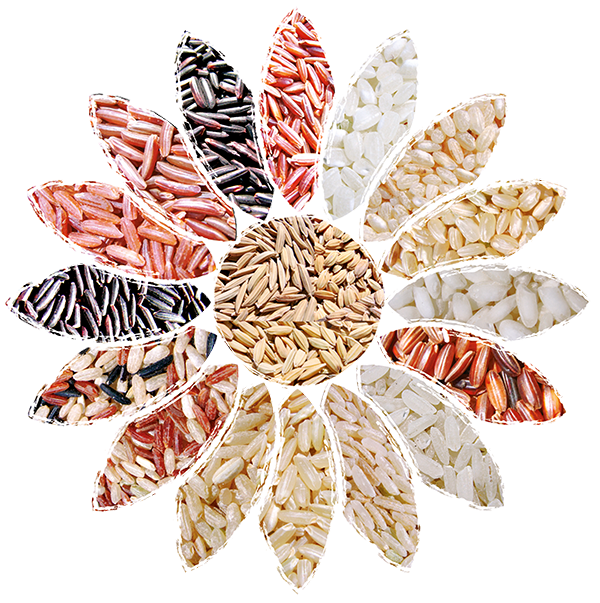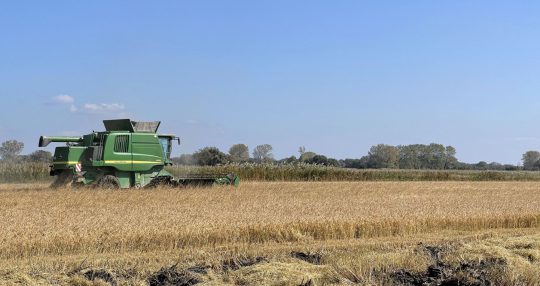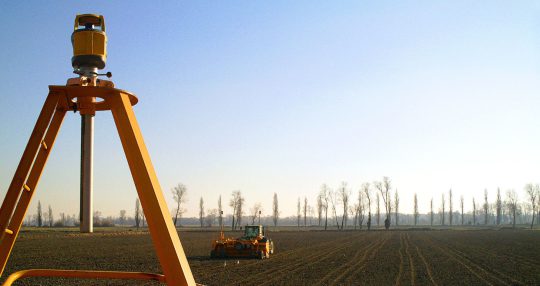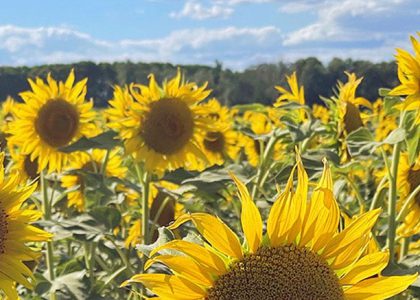Biosud : industry leader
Rice producers and crop rotation
Crop rotation:
Crop rotation is a fundamental principle of organic farming: it alone enables the soil to be maintained naturally with no use of pesticides or herbicides. It also provides the organic matter that is indispensable for the balanced soil nutrition needed to grow organic crops with no chemical fertilizers.
It is the guarantee of environmentally friendly and sustainable farming. In our production area, several rotation schemes coexist, depending on the nature of the soils, water availability, and specific climate variables:
- In the Camargue, where water is abundant and therefore a good rice-growing area, some farms have livestock: rotation = grassland / alfalfa – rice – wheat. Other farms do not raise livestock: rotation = alfalfa / legumes – rice – wheat – sunflower, and sometimes vegetable crops.
- In the rest of Provence, outside the Camargue, there is the same type of crop rotation, with no rice growing.
Biosud markets only products grown in our area (PACA and Occitanie), and only organic products.
Organic rice
All Biosud rice is produced in the Camargue
and bears the “Camargue Rice” PGI label
Camargue organic products certified by Bureau Véritas.
Production based on:
- Specifications;
- Contracts;
- Technical monitoring;
- Supervision of crops by field technicians.
A field technician supervises rice crops for effective monitoring and traceability. Our technician also provides a vital link between the rice producer and the rice industry, because organic farming is very demanding. Our field technician organises crop rotation with the producers in a way that satisfies Biosud’s requirements for traceability and can reassure its different clients. Our crop unit makes it possible to create a relationship based on trust between the producer and the storage facility.
Other grains
Organic oilseed, high-protein and leguminous crops
These plants are grown in the Hérault, Gard, Bouches du Rhône, Vaucluse, Var
Organic production certified by Ecocert.
Production based on:
- Specifications
- Contracts
- Technical monitoring
- Supervision of crops by field technicians.
Our facilities
RICE
Mas de la Ville site
- Site exclusively reserved for organic rice to avoid any risk of cross-contamination or allergens.
- No use of chemical grain preservatives.
- Small and medium capacity storage units for good batch separation and traceability.
- New facility adapted to organic rice specifications.
- Site is certified PGI “Camargue Rice,” Organic farming (Ecocert), ISO 14001, and IFS.
RECEPTION / DRYING:
- 4 independent reception / drying lines
- A better cleaning device designed specifically for organic rice.
STORAGE:
- 8000 tonnes (32 units from 40 to 320 tonnes, each with its own ventilation system.
- Storage units equipped with wire meshing to prevent condensation and greatly decrease the risk of contamination by mycotoxins and aflatoxins.
TEMPERATURE CONTROL:
Silos equipped with temperature sensors and automatic monitoring.
TRANSFORMATION
- Our new plant built in April 2006 is next to the storage silo
Which means minimal grain transport. In order to meet the particular specifications of our products, the plant is equipped with several cleaning machines, metal detection, cutting edge colorimetric sorting and grain grading.
POSSIBLE PACKING:
- Bulk
- Big bag (1000 kg, 500 kg)
- 5 to 25 kg paper bags (new bagging / palettizing line installed in November 2012).
- Small bags (250 g to 5 kg) filled in a protective environment in the Biocamargue plant
Gimeaux site
- 2000 tonnes (4 silos 250 tonnes, and 8 silos 125 tonnes). The storage silos are ventilated, and rice is dried before final storage.
Other Cereals and Oilseeds
Mas Julian site
- Installation adapted to the specifications of organic cereals and oilseeds.
- Site has organic farming certification (Ecocert) and CSA/GTB
RECEPTION / CLEANING:
Facility upgraded in early 2012 and adapted to organic grain and oilseed requirements.
STORAGE:
14 silos (100 to 500 tonnes) for optimal grading and separation of batches. Silos have a cooling system.
Quality approach – Environment
The core value and foundation of the organic sector
Certifications:
ORGANIC FARMING CERTIFICATION
Certified by ECOCERT
>Valid certification (Bio Sas BIOSUD)
>Valid certification (Bio Sarl THOMAS)
2021 IFS CERTIFICATION
International Featured Standard is an auditing standard, created in 2003, which certifies private label food suppliers. It is based on the ISO 9001 standard and the HACCP system. It is similar to the ISO 22000 standard which concerns food safety management.
Biosud obtained IFS certification in 2015 from AFNOR.
>Currently valid certification (IFS)
ISO 14001
Analyses of samples from each producer
Approval of products
Environmental management
BIOSUD obtained ISO 14001 certification in October 2010
>Currently valid certification (ISO14001)
PGI « Camargue Rice »
Certified by Bureau Véritas
Approval process for crops produced:
-
BEFORE CULTIVATION
- Specifications
- Contracts
- Crop development studies
-
DURING CULTIVATION
- Visits & fact sheets and advice
- Sampling & testing
- Traceability
- Validation that crops are of good quality before harvesting
-
HARVEST
- Analyses échantillons producteurs
- Habilitation des productions
Specifications
- Organic rice
- Organic cereals
- Organic oilseeds
- Oganic high protein and leguminous crops
Organic crop fact sheets
Objective :
Provide agronomic information that gives farmers a tool that helps them better organise their organic crop growing operations.




